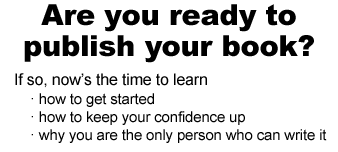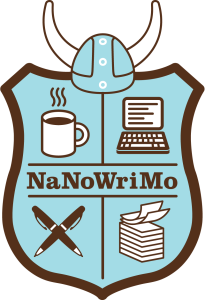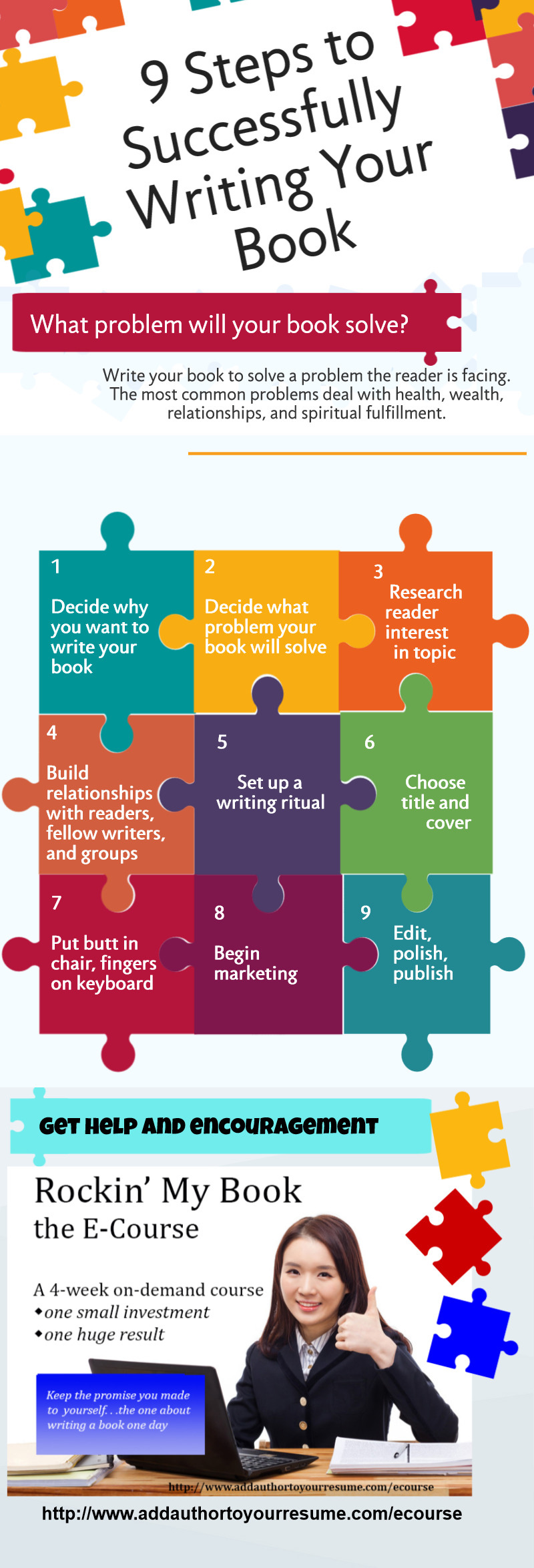If you’ve been putting off writing your novel (or other genre), November is an excellent time to get started because it’s National Novel Writing Month .
Although it began as a national effort for novelists, it is now practiced around the world by fiction and nonfiction writers. This year 400,000 writers in 616 affiliated chapters across six continents are expected to participate. They will gather in coffee shops, libraries, and many other places to encourage each other and reach for the 50,000 word goal, or 1,667 words a day. Some work alone at home, but check in online with their fellow writers.
Started by Chris Baty and 20 of his friends, the first NaNoWriMo actually took place in July 1999 in San Francisco. Described in their history as half literary marathon and half block party, it is celebrating its 16th year.
National Novel Writing Month is now a 501(c)(3) nonprofit that believes stories matter. Through their programs, including the Young Writers Program, the Come Write In program, and Camp NaNoWriMo, they empower and encourage vibrant creativity around the world.
Starting November 1st, eager writers gather in coffee shops, homes, cafes, etc. starting right after midnight on Halloween. They hope to keep each other motivated and awake as they race toward the goal of 50,000 words by midnight November 30th.
Most will continue to go to work and carry on their normal lives in between writing sessions, but most see writing as the primary task this month.
To get started, participants set up accounts and log on to report their word count and participate in the forum. It’s on the honor system and completing your goal is your reward. Even if you don’t reach the 50,000 word mark, just participating is an achievement. Experienced NaNoWriMo writer, RJBlain, gives you the pros and cons here, but will not try to coerce you to join.
What kind of novel (or other genre) can you possibly turn out in a month?
Quantity, not quality is the point. 50,000 words is the goal.
They don’t have to coherent, but many fiction and nonfiction writers use this time to speed up their productivity toward churning out that inescapable crappy first draft. Would-be novelists and even nonfiction writers use the time to prove to themselves that they can complete a piece of work.
Hugh Howey, author of the award-winning Molly Fyde Saga and the New York Times and USA Today bestselling WOOL series, believes that writers who work well under pressure can turn out good quality manuscripts during NaNoWriMo. Whatever you turn out in November will need editing later. If writing a novel is not your goal and you use the time to write about your past or create poetry instead, he believes the experience can still change your life.
But everyone doesn’t see NaNoWriMo as a good thing.
NaNoWriMo is not for everyone.
Alan Baxter, author of dark speculative fiction, takes a very dark view of this November ritual. He believes it’s unrealistic and a cruel joke on those who expect to have a novel at the end. You can see his full rant here. He announces that he won’t be participating, which is no surprise to me. I don’t think NaNoWriMo was created for professional writers who have already found their niche, pace and audience.
Another writer, David McDonald, admits that keeping up with the demand to finish 50,000 on the same project was grueling, but he did it. He gives tips on how he did it, and is happy for the experience that made him stretch beyond his usual short story length pieces. David is clear that he wouldn’t end with a polished piece. Here’s his take from on the reward for reaching the finish line
“And what of the actual novel? Was it worth it? Again, I have to say yes. The plot outline I had worked out translated pretty well into novel form and I can see that it is worth persevering. Sure, it needs some revising and editing, but the fact remains that the bulk of it is there, instead of in my head like it had been for the fast few years. NaNoWriMo was the kick in the pants I needed to take the next step.”
NaNoWriMo Writers Who Became Published Authors
In case you wonder if any NaNoWriMo writers ever become published authors, the answer is yes. Since 2006, 100 NaNoWriMo novels, such as Water for Elephants by Sara Gruen, have been published by traditional publishers. Hundreds more have been published by independent, small press and self-published authors. Many have been published in the authors’ native languages. See a full list of published authors at http://nanowrimo.org/published-wrimos
2014 Brings Exciting Features to Spur You On During NaNoWriMo
- When you sign up, you’ll receive inspirational letters called pep talks. The 2014 author mentors are Veronica Roth, Tamora Pierce, Brandon Sanderson, Chuck Wendig, Kami Garcia, and Jim Butcher.
- Even though your book isn’t ready yet, get your free copy of self-publishing advice from http://nano.bibliocrunch.com/
- You don’t have to write alone. Come Write In, a program that offers free resources and support to literacy related spaces, will expand beyond libraries and bookstores. Three hundred and ninety spaces, including cafes and community centers (and even an American style pizza restaurant in Japan), will become local beacons for creative writing through NaNoWriMo.
- Debbie Millman, president of the design division at Sterling Brands, returns to run “30 Covers, 30 Days”, which challenges designers to create a book cover for a participant’s novel in progress in 24 hours. A celebration of the collaboration between design and writing, this program will inspire authors and provide prints for an Art of NaNoWriMo event
If you aren’t convinced to jump on board yet, maybe you’ll catch the NaNoWriMo fever from this video by Errol Elumir.
What do you think? Is NaNoWriMo an event you could embrace? Have you ever participated? Did you make it to the finish line?
============
Each year I post an updated version of this article appears on www.coloryourlifepublished.com announcing NaNoWriMo.
============
If you want to go at a slower pace than NaNoWriMo, I’d love to be your travelling companion to make your writing journey a fun trip with a soft landing. Check out my 4-week ecourse “Rockin’ My Book” where you can ease into the writing process with a gentle push, but no pressure. Once you sign up for the course you’ll get a lesson loaded with content and suggested activities in your emailbox each week. As you complete the lessons you may email me with questions and concerns.















